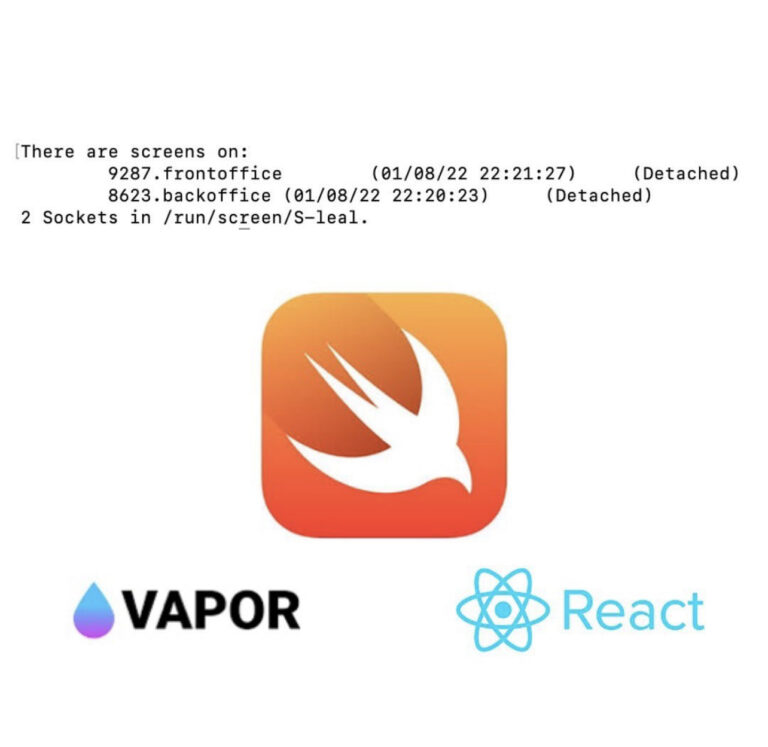Admitting ignorance is not a sign of weakness; it’s a leadership strategy that fosters curiosity and continuous learning.
In our complex and ever-changing world, no one can know everything. Acknowledging this with an “I don’t know” is a powerful way to combat complacency and stagnation.
When we lead a team, admitting we don’t have all the answers creates opportunities for team members to get involved and collaborate in the search for solutions. This builds trust, empowers people, allows them to offer (and us to learn) different perspectives, and to take initiative.


Saying “I don’t know” promotes a culture where learning and continuous improvement are fundamental values. It encourages the presentation of ideas and the taking on of responsibility to find answers, leveraging the team’s intelligence.
In conclusion, to openly and calmly admit ignorance demonstrates confidence and openness, crucial elements for cultivating an innovative and proactive work environment. An act of honesty that not only improves team dynamics but also strengthens the culture of curiosity within the organization.

To delve deeper into this subject, I recommend the Harvard Business Review article: “4 Phrases That Build a Culture of Curiosity”.




